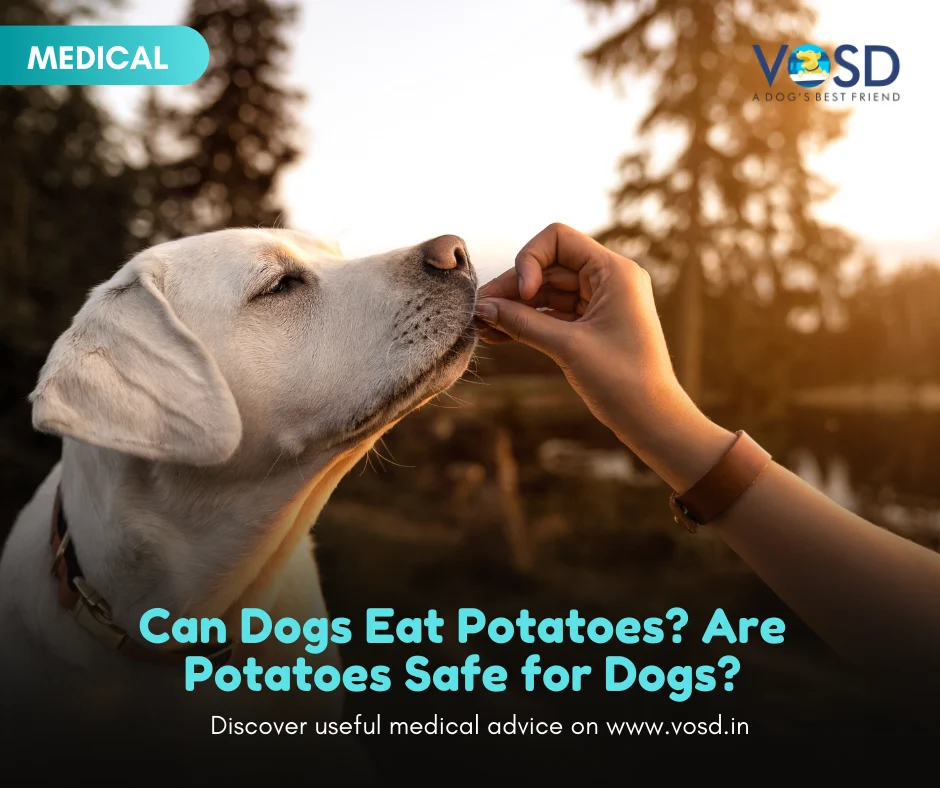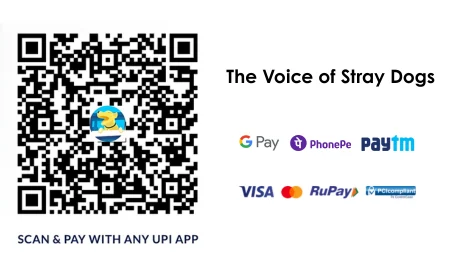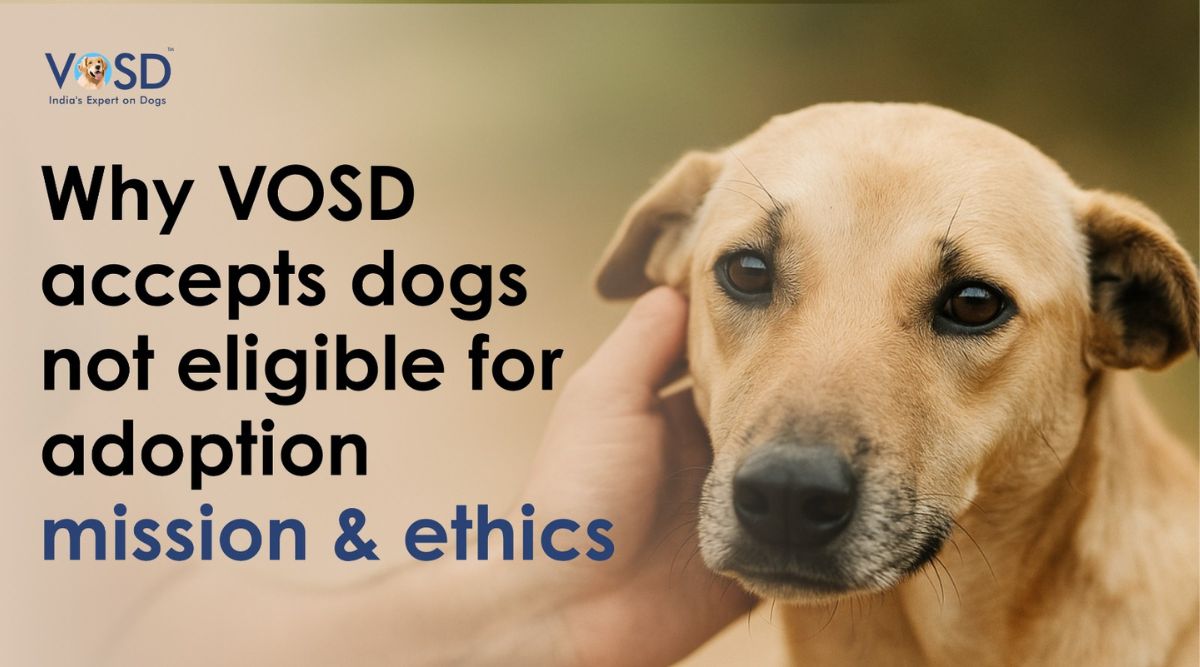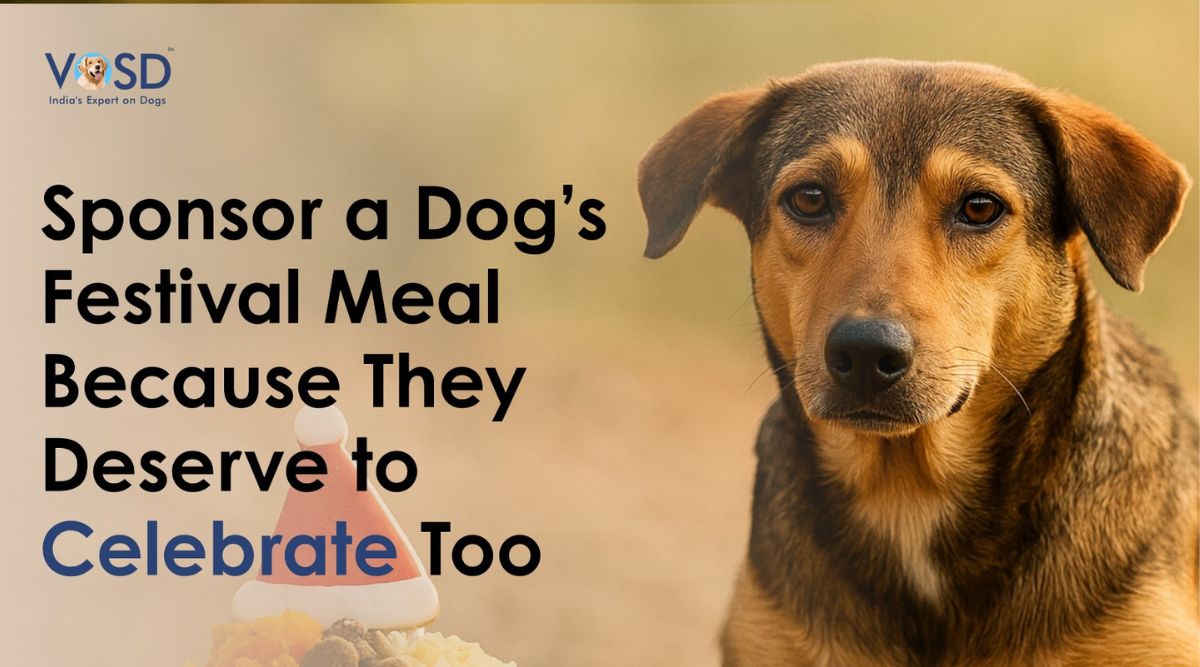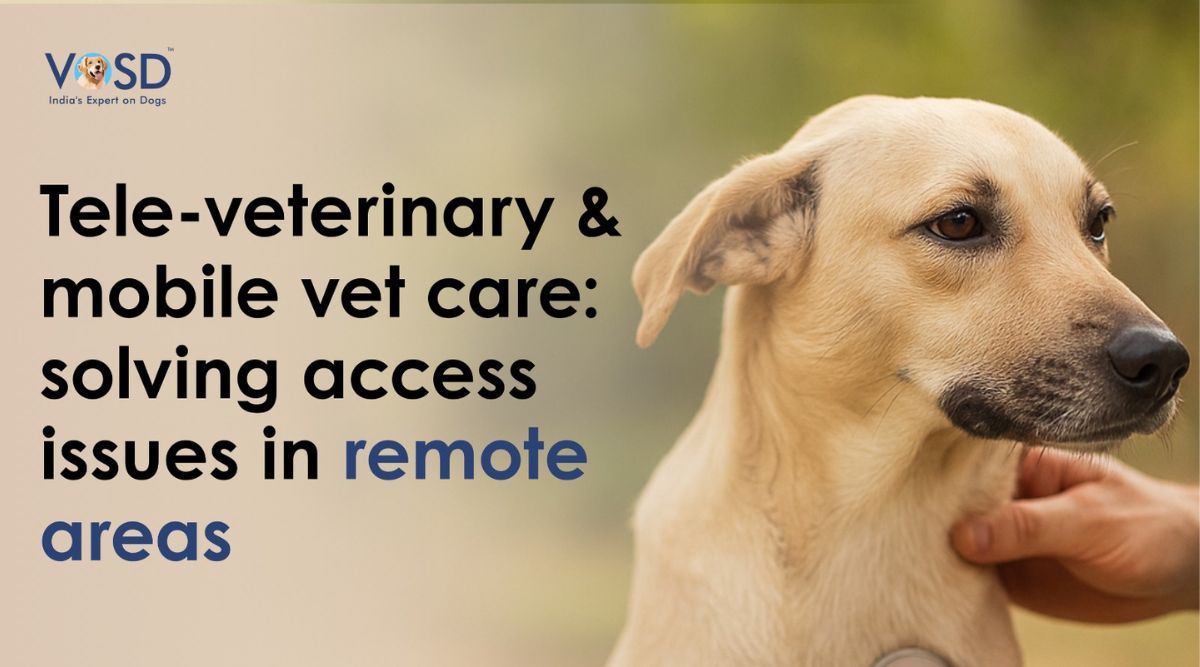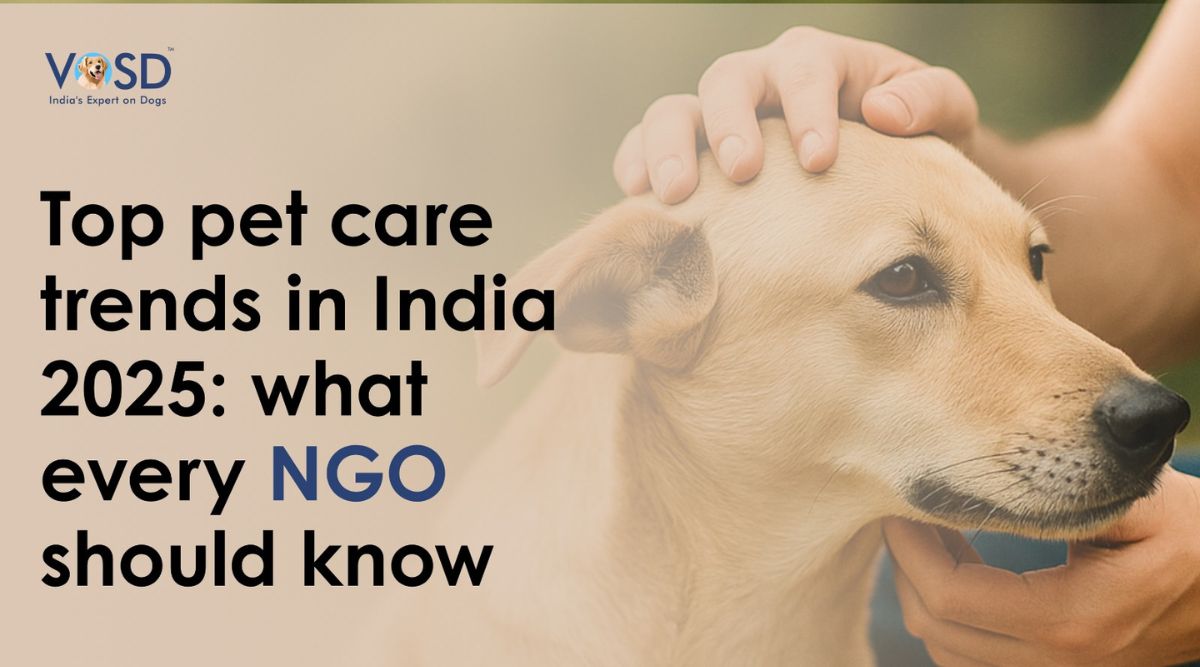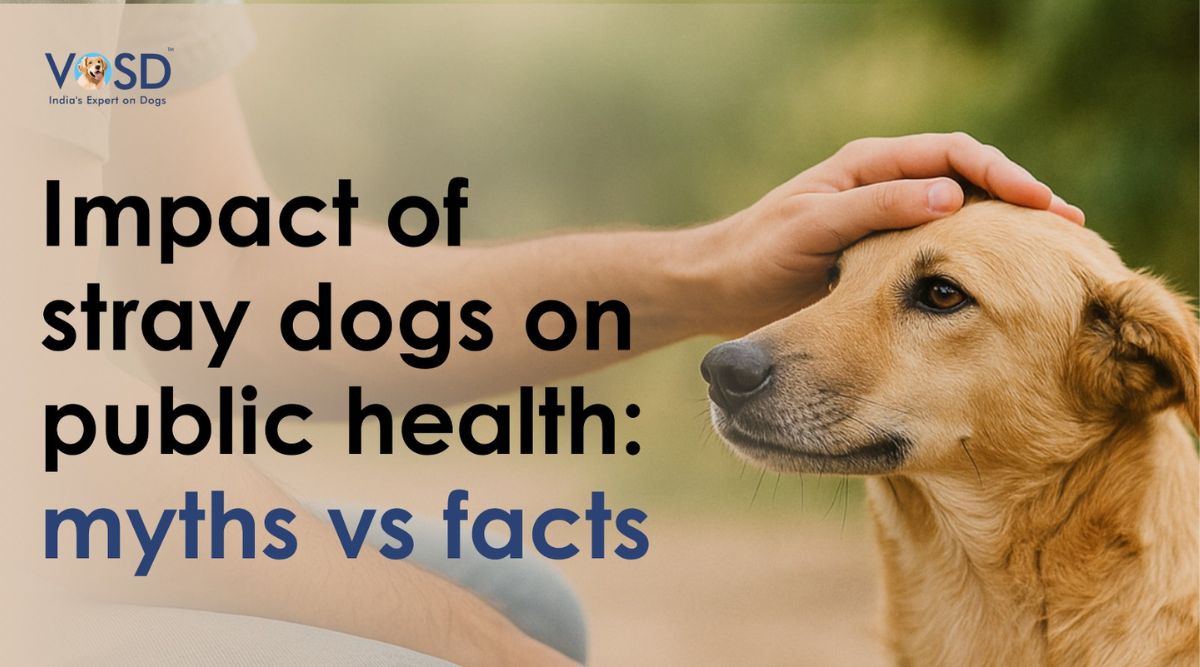Can dogs eat potates raw?
Dogs can undoubtedly eat potatoes; but, are potatoes safe for dogs? Potatoes do contain potassium and carbohydrates, and you can find them in a few prescription dog foods, too. You can include potatoes as part of your dog’s diet in moderation. While potatoes may be a staple food in our homes, and our pet may want some every time potatoes are cooked or fried, it is important to remember that only cooked potatoes can be given to your dog.
Raw potatoes can be toxic to dogs because they contain solanine. The same thing is true of potato plants, including the stems and leaves. Solanin is a poison and can affect your dog’s vision, nervous system, slow down the heart rate and impede the digestion process. Even a bite or two of raw potatoes can be harmful to your dog and can cause food poisoning. The symptoms will include gastrointestinal irritation, vomiting, and diarrhoea.
Are raw potatoes dangerous for your dog?
Raw potatoes are also hard and difficult to digest. Therefore, even if your dog does not get food poisoning due to solanine, it is likely that your dog will have a stomach upset and will struggle to pass stools for a couple of days after eating one or two raw potatoes.
Benefits of cooked potatoes for dogs
Cooking fully ripe potatoes helps in removing most of the toxic solanine. So, you can rule out food poisoning in your dog if it eats cooked potatoes. Potatoes contain a lot of nutrients that serve your dog well when it is in its cooked form. It has phytonutrients such as carotenoids and flavonoids, and they can act as an anti-inflammatory and can help them fight cancer effectively.
The phytonutrients in potatoes also help dogs maintain their muscle strength, especially as they get older. Your dog’s overall health can improve because of the minerals and vitamins present in potatoes. Cooked potatoes contain potassium for regulating blood pressure, carbohydrates to give them energy, and B and C vitamins. Potatoes can be considered a low-calorie snack when cooked without salt or fat. Dogs of all ages and breeds can enjoy plain unsalted and cooked potatoes. Here, it is equally essential to ensure that your dog gets to eat only potatoes without the skin.
Factors to consider when giving potatoes to dogs
What form of potatoes can be given to dogs? Plain-baked, mashed, steamed potatoes can be given to dogs after removing the peels.
Can dogs eat potato chips? No. Your dog cannot be given fried, stuffed potatoes, french fries. Any form of potato that has fat, oil, or salt must be avoided. Oils and fats would clog your dog’s blood vessels and lead to Diabetes. Just as processed fats, Fried potatoes would harm your dog’s health and cause weight gain leading to obesity in your dog.
Potatoes containing salt may actually contain more salt than is good for your dog and can cause nausea and vomiting, and dehydration.
Can dogs eat sweet potatoes?
Sweet potatoes have more nutritional value than white potatoes. They have Vitamin A, C, B6, Calcium, Potassium, Iron, and Magnesium. Sweet potatoes also have more fibre making them easy to digest.
Can dogs eat uncooked sweet potatoes?
Sweet potatoes must also be cooked and given to your dog after removing the skin. You cannot feed your dog raw sweet potatoes as the impact will be the same as if you were to give raw white potatoes. When eaten raw, potatoes, sweet and white, will cause a stomach upset and, since they are hard, will also cause an obstruction in your dog’s stomach.
Sweet potatoes have beta-carotene, which is an antioxidant and can help reduce risks of cancer. Beta-carotene is also known for protecting against heart ailments. Beta-carotene helps improve your dog’s vision, skin and also aids in bone growth.
How can dogs eat potatoes – Variety of ways in which you can feed potatoes to your dog
Generally speaking, potatoes cannot become a staple for dogs as they may be for humans. However, cooked and peeled potatoes can be given in small quantities. There are many fun ways of making potatoes a palatable and healthy snack for your dog.
Pancakes made out of potatoes
You can mash a boiled potato and pat the mash down in the form of a pancake. The pancake mix of mashed potatoes can be baked in an oven at around 350 degrees until it forms a brown crust. Wait for it to cool down and feed your dog this potato pancake with breakfast.
French Fries
While the regular French fries are an absolute No-No because of the oil and salt, potato wedges that are baked in the oven can be given to your dog. You can slice a potato into thin wedges, add nutritional yeast to them, and bake them in an oven, and give them to your dog. The nutritional yeast that you add will have great value in the form of Zinc, Copper, Potassium, and B Vitamins. The Fries will have a cheesy flavour thanks to the nutritional yeast.
Potatoes with Peanut butter treats
You can boil the potatoes and mash them after they are cool. Add a tablespoon of peanut butter to the mashed potatoes. Roll the mix into small balls and bake them in an oven at 275 degrees for fifteen to twenty minutes. Once they start to turn brown, you can take them out and let them cool down. These balls can also be stored in an airtight container and can be given as treats every now and then.
VOSD Sanctuary and Hospital is home to hundreds of rescued dogs living permanently with us as they cannot survive on the streets and nor are they in a condition to be adopted. Please support the lifelong care and treatment of these dogs with a small donation today: https://vosd.in/donation-for-dogs/
VOSD team has experience of over 10 years in treating thousands of stray dogs and rescued pet dogs from the streets. If you need a second medical opinion free of cost, don’t hesitate to contact us! VOSD makes dogs happy! Our aim to ensure good health, happiness, and dignity for dogs in India. To know more about our second medical opinion free service, please click here.
Disclaimer:
The information contained in VOSD Vet Advice™ is not intended nor implied to be a substitute for professional medical action which is provided by your vet. You assume full responsibility for how you choose to use this information. For any emergency situation related to a dog’s health, please visit the nearest veterinary clinic.

